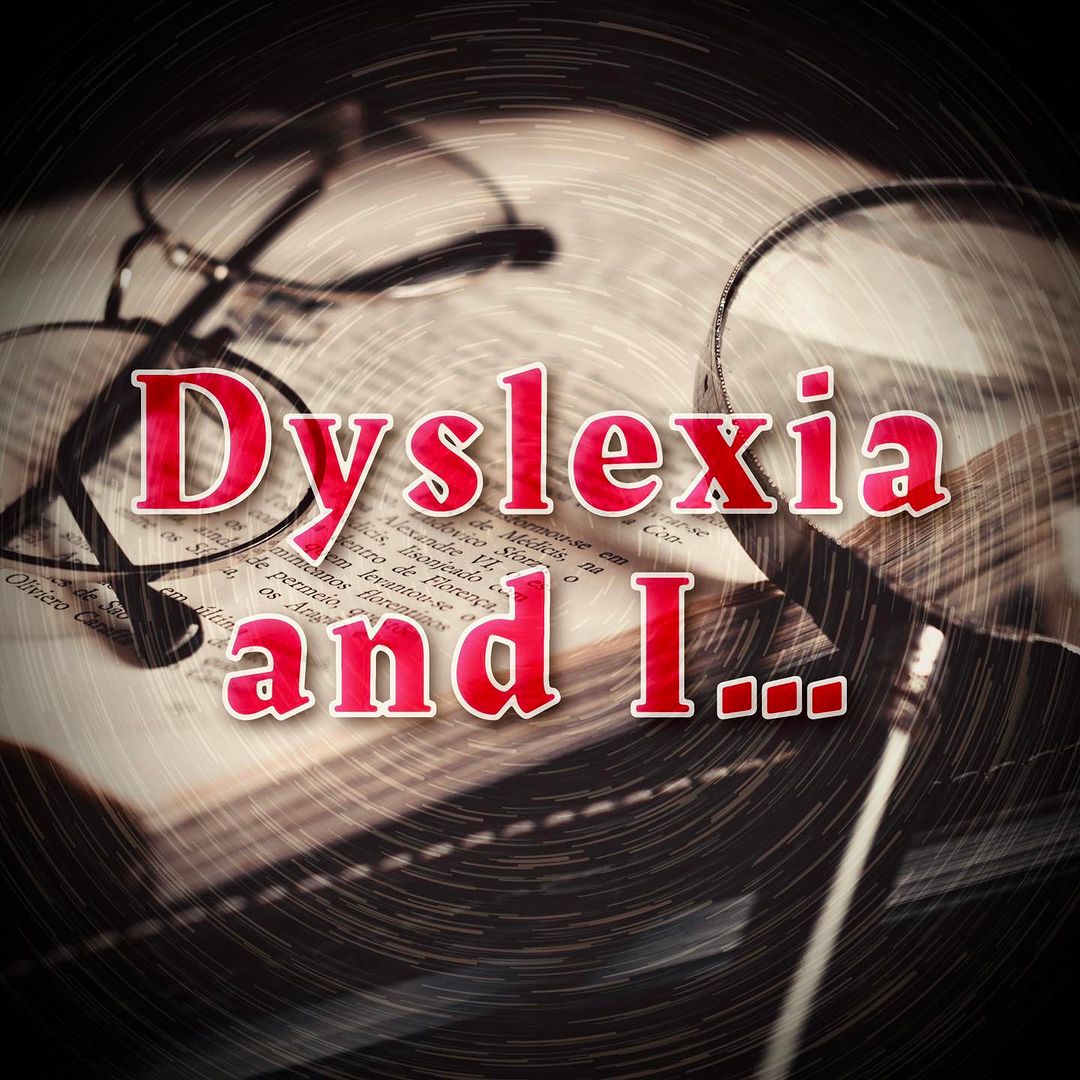Dyslexia and I have an important announcement…
Sorry, I couldn’t resist starting with that after I wrote the title, but it’s true; I want to share something that includes my lifelong partner, Dyslexia. With one in ten people experiencing a degree of dyslexia, it shouldn’t surprise you to know that even writers are not immune from its challenges. In fact there are a fair number of famed names out there that disguise and conquer it everyday.
So why shouldn’t I do the same?
I have spent my life, marking myself down for the fact it takes me a long time to read and understand something. I’ve been panicked and overwhelmed by written instructions; my own story research and plots even becoming daunting prospects. For a long time it was just another of the many reasons I told myself i couldn’t share my writing.
It is highly improbable you wouldn’t have heard of someone being dyslexic before now, but not impossible. just to make sure we’re on the same page, here’s the NHS definition…
Dyslexia is a common learning difficulty that mainly causes problems with reading, writing and spelling.
NHS.uk
Taking the leap to share my work came with confidence but the dyslexia meant I needed to find a method that worked for me. Whilst my writing is impacted, it’s not irreparable and can be countered with good habits such as environment, routine and tools. My reading however is a handicap – and I use that word carefully.
My reading speed and comprehension is ranked slow (around 150 words per minute). This means that once I’ve written something and want to read it back, I begin to delay myself. Looking up information requires more patience, and attention is paramount.
Fun Fact: It once took me three months to write something for my friend that was around two thousand five hundred words.
So how do I tackle this challenge, and what tools do I use to overcome reading speed?
For my writing, Microsoft Word has a built in ‘Read Aloud’ function which has been a life (or rather, time) saver. It has meant that I can listen back to my writing whilst doing something else like a commute or chore and if I come across something that doesn’t quite sound right, I can make a note to come back to it and re-listen.
You’re probably thinking I might get tired of hearing the words over and over. I can, sometimes. Depending on how into the story I am, I can find myself tweaking and playing with the sound of a paragraph for hours!
For general reading, I tend to try and push myself to read. If I am struggling one day however, or want to get through something quicker, I can make use of features on regular Text-to-speech apps.
Do you have dyslexia and read and write a lot? Id love to hear about your experiences. Feel free to leave a comment below.


